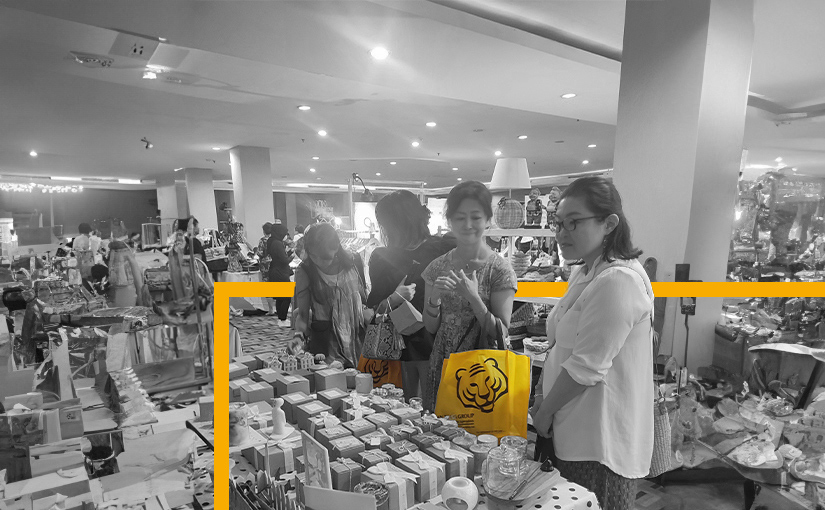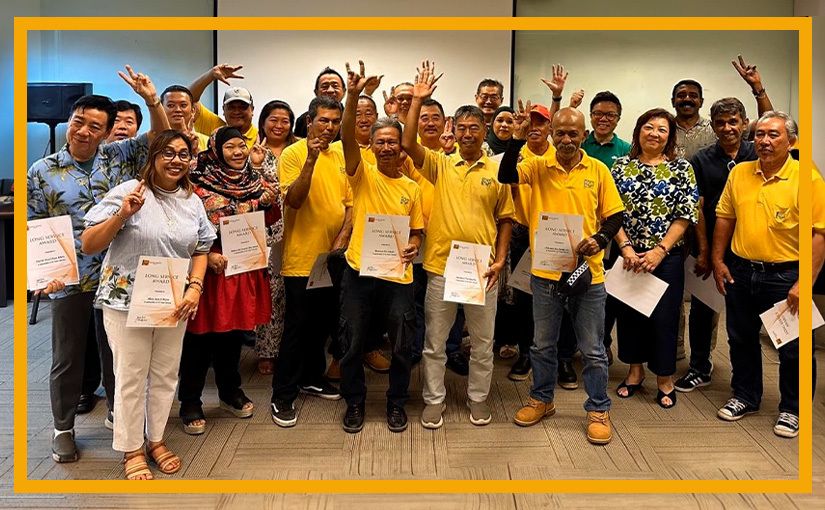Repatriation experiences: Preparing for a soft landing
Repatriation experiences: Preparing for a soft landing
This article was written by Rob Chipman, President of FIDI, and CEO of Asian Tigers Group – Hong Kong. Rob is not just a renowned global mobility expert, he has also done his fair share of expat assignments himself – an experience that he draws on here.
This article was originally posted on the FIDI blog on 26 September 2016.
In a previous post, I focused on the four distinct phases of expatriation. This time around, I’ll address the other half of the equation, namely repatriation. I have repatriated twice in my career. Both instances left an indelible impression on me, and I hope the following five key observations will help you make a soft landing back home.
1. Know before you go
A successful repatriation begins even before you leave your home country, because different types of assignees will have different repatriations experiences. International assignments broadly fall into two categories:
- long-term career development (the move is seen as a stepping stone to your progression within the company), or
- task-oriented (ie you provide a specific skill set for a period of time in the destination country).
The big difference is that the skills gained by the latter are unlikely to be put to use again and therefore have little value upon repatriation, whereas the former has enhanced their CV and is all the more valuable for their time abroad. Have a realistic understanding of which kind of assignment this will be before you go, and manage your expectations accordingly.
2. Don’t show off…
It’s likely that when you return, you’ll have a lot of newly acquired knowledge and insights that you can hardly wait share back in HQ. You’re certain your new colleagues will welcome your viewpoints and value your input. However, too often you’ll find that your view is not that welcome. In fact, you may seem out of touch and your input a bit off the mark. If this happens, don’t let it come as a surprise.
3. Diminished authority and responsibility
When expats move abroad, they often find they have a significantly greater degree of authority and decision-making power than they did before they rent then nome country. The move will often take you to a smaller setting – one that requires you to step up to the plate in terms of authority and responsibility. You are ready to do just that – indeed, it is one of the most professionally satisfying aspects of an overseas assignment. But it also works in reverse: when you repatriate, often you lose that power. For example, may find yourself having to navigate layers of management approvals that you haven’t dealt with in years. This can be very frustrating – and may well happen to you.
4. Where did all the support go?
Another attraction of an overseas assignment can be the amount of support that you enjoy. Private secretaries, administrative assistants, drivers, and even maids are not uncommon overseas whereas they may be rare in the home country. When you return, you might find yourself having do lots of menial tasks that have been done for you for the past several years. Be aware and don’t let this come as a surprise.
The numbers don’t lie. Of the many studies on repatriation, all agree on one point; a high percentage (around 50% seems the norm) of returning expatriates leave their employer within 12 months of arriving home. It’s largely to do with a mismatch of perceptions: you may see the value you bring to the table very differently to your colleagues.
The repatriation process does not have to be a bad experience provided you undertake it with realistic expectations, and eyes wide open. This article is intended to identify potential pitfalls, not to discourage or dampen spirits. Yes, there may be a little turbulence at the initial phases, but in all likelihood after the readjustment period, you’ll be back in the swim of things and once again a productive and happy member of the team.
Are you moving back home?
Asian Tigers Group is here to help make your move trouble-free.










